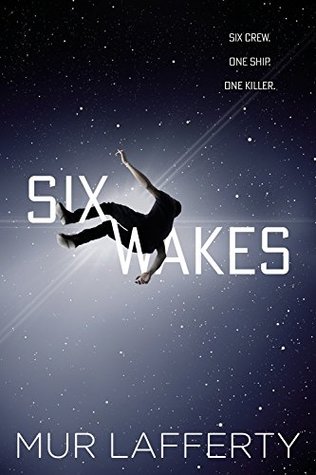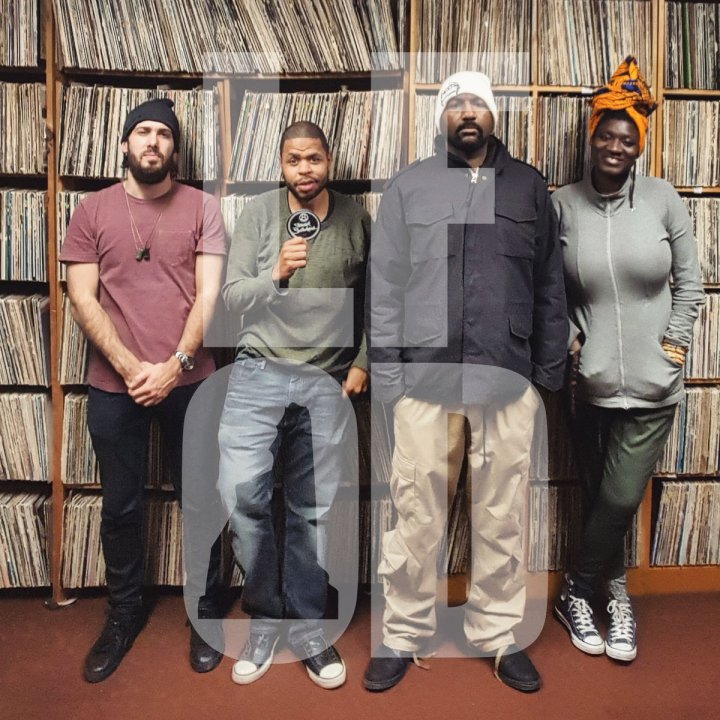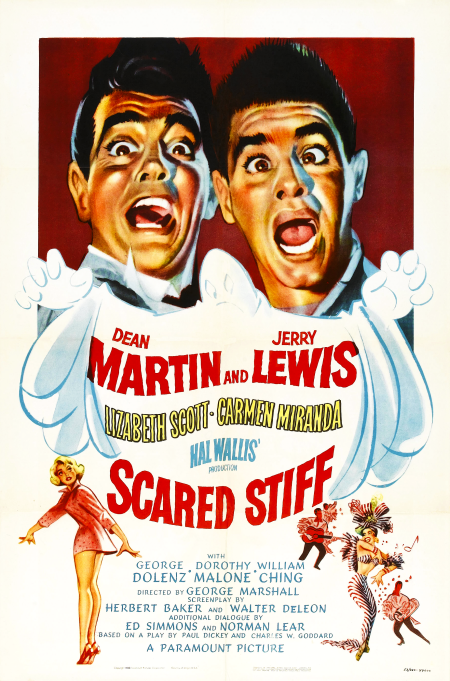Length: 364 pages, paperback Genre: Science Fiction | Mystery

The premise (from Goodreads):
A space adventure set on a lone ship where the clones of a murdered crew must find their murderer — before they kill again.
It was not common to awaken in a cloning vat streaked with drying blood.
At least, Maria Arena had never experienced it. She had no memory of how she died. That was also new; before, when she had awakened as a new clone, her first memory was of how she died.
Maria’s vat was in the front of six vats, each one holding the clone of a crew member of the starship Dormire, each clone waiting for its previous incarnation to die so it could awaken. And Maria wasn’t the only one to die recently…
My thoughts:
I loved the premise behind this. As others have rightfully said, the story is basically a closed-room murder mystery, but in space, and with the added complications of clones.
And boy, do clones really complicate things.
The story is set in 2493, and cloning has become a common practice for a least two centuries. Humanity has debated the ethics of cloning and what’s allowed, but at this point in the story there are firm laws in place, including one saying that a new clone cannot be awakened unless there is proof that the old one has died.
So when all six crew members wake up on the ship of the Dormire, they know something horrible must have happened. Then the notice their old bodies floating above them. Gruesome.
Having her body still hanging around, blood and vomit everywhere, offended her on a level she hadn’t thought possible. Once you were gone the body meant nothing, had no sentimental value. The future body was all that mattered. The past shouldn’t be there, staring you in the face with dead eyes. She shuddered.
In order to ensure continuity between lifetimes, clones constantly create mindmaps to back-up their experiences so that upon death there is little to no gaps in their memories. But in this setup, the crew find that their mindmaps were created over twenty years ago. What went wrong? Why did they all die? Why is their A.I., IAN, crippled, as well as several key functions of the ship?
Lafferty carefully teases out clues in this narrative as we switch character’s POV several times per chapter, but even with the clues it’s not obvious for a long time what’s really going on.
Along the way, we’re introduced to the backstories of the crew (who, by the way are all criminals that have been offered full pardon if they succeed on their voyage and manage to safely deliver this colony ship to its destination). Of course, with clones living two centuries, there’s nothing clearcut or uncomplicated about who they are and what they did, and that’s fascinating as well. The backstories shed more light on the complicated world Lafferty has built and teases a lot about the ethics of cloning, altering DNA or mindmaps, and whether clones have souls or can be considered persons.
It’s a mystery, with dashes of philosophy and politics.
Extremist individuals live inside every single group on the planet. Devout followers from Christian to Muslim who kill the name of God, down to people who perpetuate a cycle of abuse from parent to child. And do you know at what point they’re labeled as terrorists?”
Martini said. “When the government-”
“When the news reports it. The news can take a starving refugee and make them into an invading migrants. One of my Black ancestor s was photographed carrying diapers over his head after a flood. They called him a ‘looter.’ A white man was photographed doing the same thing. They called him a ‘survivor’.
What would you do if you could live multiple lifetimes, if you didn’t really have to worry about death? Would you amass a great fortune, become a thrillseeker, pursue knowledge, or squander it? Would you dedicate your time to learning and advancing society, or would you focus on more selfish aims like revenge? Six Wakes offers several interesting ideas about what this kind of society would be like, as well as the perils involved.
While I wouldn’t go as far as saying this is one of the best science fiction yarns I’ve read this year, I will say that it’s an entertaining romp, with some interesting ideas about the ethics of cloning and personhood. It is well worth reading.
Interested in reading this book? Check it out on Goodreads, and/or your favourite bookseller.
Advertisements Share this:





